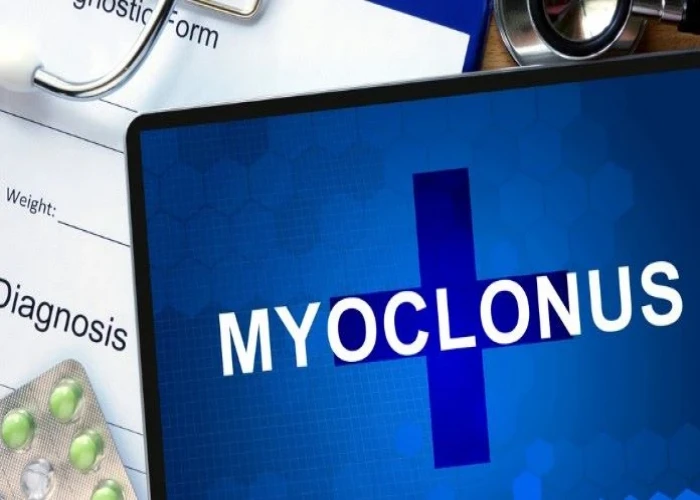 Welcome
Welcome
“May all be happy, may all be healed, may all be at peace and may no one ever suffer."
Myoclonus
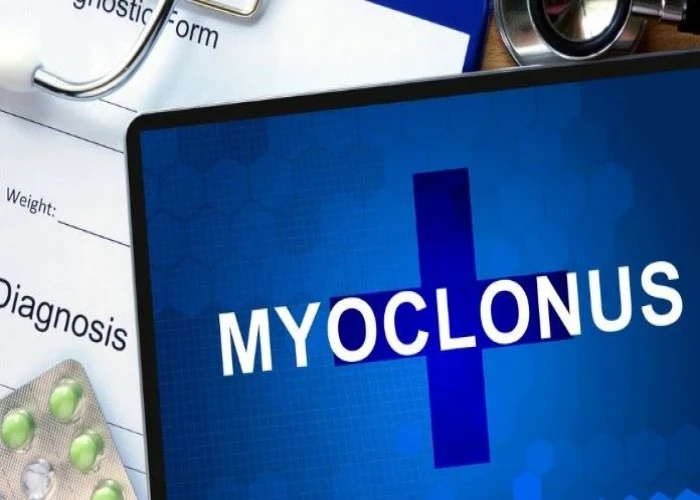
Myoclonus is a condition characterized by sudden, involuntary muscle contractions or jerking movements. These movements can affect any part of the body, including the arms, legs, face, and torso. Myoclonus can occur on its own, or as a symptom of another neurological condition.
There are several different types of myoclonus, including physiological myoclonus, which is a normal muscle twitch that occurs during sleep or when falling asleep; essential myoclonus, which is a hereditary form of myoclonus that affects children and young adults; and symptomatic myoclonus, which is myoclonus that occurs as a result of an underlying medical condition, such as epilepsy, Parkinson's disease, or a brain injury.
Symptoms of myoclonus may include sudden, brief, and involuntary muscle contractions or jerks, which can be mild or severe, and can occur in one or more parts of the body. Myoclonus can also be associated with other neurological symptoms, such as seizures, tremors, or difficulty with coordination and movement.
Treatment options for myoclonus depend on the underlying cause and severity of the condition. In some cases, myoclonus may not require treatment. For people with symptomatic myoclonus, treatment may involve medications to control seizures or other symptoms, physical therapy to improve coordination and movement, or deep brain stimulation (DBS), a surgical procedure that involves implanting electrodes into the brain to help control abnormal movements.
Research Papers
Disease Signs and Symptoms
- Shake or jerk the arms and legs
- Hand tremble
- Localized to one part of the body or all over the body
- Sometimes severe enough to interfere with eating, speaking or walking
Disease Causes
Myoclonus
Myoclonus may be caused by a variety of underlying problems. Doctors often separate the types of myoclonus based on their causes, which helps determine treatment. Types of myoclonus include the following categories.
Physiological myoclonus
This type of myoclonus occurs in normal, healthy people and rarely needs treatment. Examples include:
- Hiccups
- Sleep starts
- Shakes or spasms due to anxiety or exercise
- Infant muscle twitching during sleep or after a feeding
Essential myoclonus
Essential myoclonus occurs on its own, usually without other symptoms and without being related to any underlying illness. The cause of essential myoclonus is often unexplained (idiopathic) or, in some cases, hereditary.
Epileptic myoclonus
This type of myoclonus occurs as part of an epileptic disorder.
Symptomatic (secondary) myoclonus
Symptomatic myoclonus occurs as a result of an underlying medical condition. Examples include:
- Head or spinal cord injury
- Infection
- Kidney or liver failure
- Lipid storage disease
- Chemical or drug poisoning
- Prolonged oxygen deprivation
- Medication reaction
- Autoimmune inflammatory conditions
- Metabolic disorders
- Coronavirus disease 2019 (COVID-19)
Nervous system conditions that result in secondary myoclonus include:
- Stroke
- Brain tumor
- Huntington's disease
- Creutzfeldt-Jakob disease
- Alzheimer's disease
- Parkinson's disease and Lewy body dementia
- Corticobasal degeneration
- Frontotemporal dementia
- Multiple system atrophy
Disease Prevents
Disease Treatments
Treatment of myoclonus is most effective when a reversible underlying cause can be found that can be treated — such as another condition, a medication or a toxin.
Most of the time, however, the underlying cause can't be cured or eliminated, so treatment is aimed at easing myoclonus symptoms, especially when they're disabling. There are no drugs specifically designed to treat myoclonus, but doctors have borrowed from other disease treatment arsenals to relieve myoclonic symptoms. More than one drug may be needed to control your symptoms.
Medications
Medications that doctors commonly prescribe for myoclonus include:
- Tranquilizers. Clonazepam (Klonopin), a tranquilizer, is the most common drug used to combat myoclonus symptoms. Clonazepam may cause side effects such as loss of coordination and drowsiness.
- Anticonvulsants. Drugs used to control epileptic seizures have proved helpful in reducing myoclonus symptoms. The most common anticonvulsants used for myoclonus are levetiracetam (Keppra, Elepsia XR, Spritam), valproic acid, zonisamide (Zonegran) and primidone (Mysoline). Piracetam is another anticonvulsant that's been found to be effective, but it's not available in the United States.
- Valproic acid may cause side effects such as nausea. Levetiracetam may cause side effects such as fatigue and dizziness. Side effects from primidone may include sedation and nausea.
Therapies
OnabotulinumtoxinA (Botox) injections may be helpful in treating various forms of myoclonus, particularly if only a single area is affected. Botulinum toxins block the release of a chemical messenger that triggers muscle contractions.
Surgery
If your myoclonus symptoms are caused by a tumor or lesion in your brain or spinal cord, surgery may be an option. People with myoclonus affecting parts of the face or ear also may benefit from surgery.
Deep brain stimulation (DBS) has been tried in some people with myoclonus and other movement disorders. Researchers continue to study DBS for myoclonus.
Disease Diagnoses
Disease Allopathic Generics
Disease Ayurvedic Generics
Disease Homeopathic Generics
Disease yoga
Myoclonus and Learn More about Diseases

Baby acne

Dog Bite

Traumatic brain injury

Bacillary Dysentry
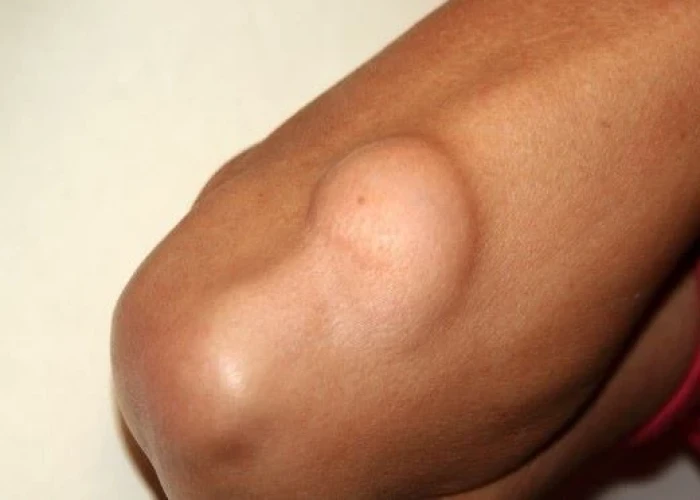
Liposarcoma

Sinus headaches
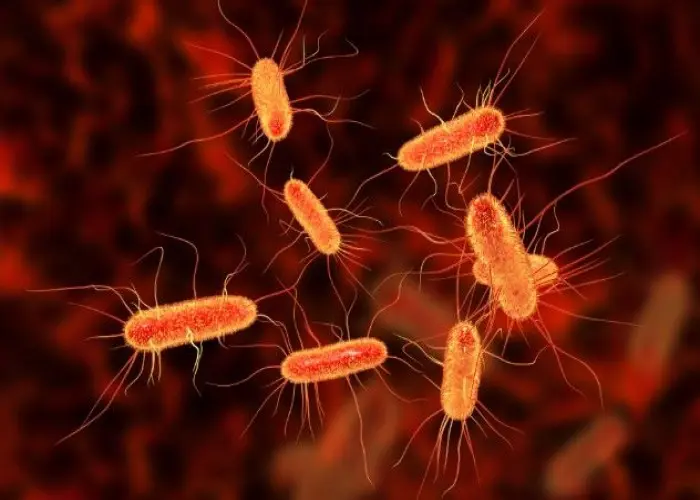
E. coli
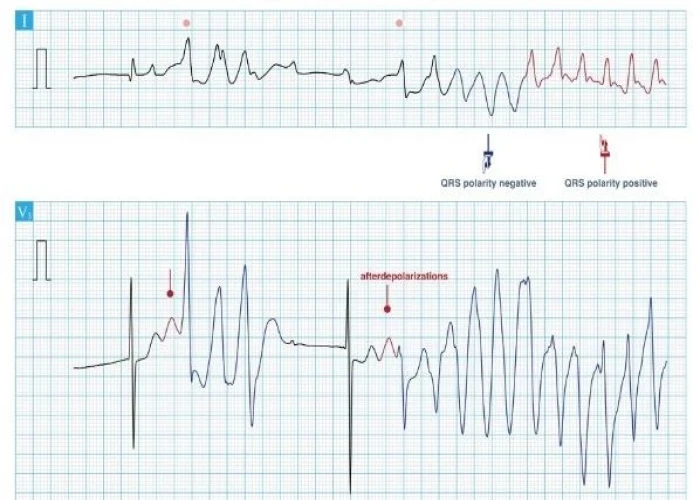
Long QT syndrome
myoclonus, মায়োক্লোনাস
To be happy, beautiful, healthy, wealthy, hale and long-lived stay with DM3S.
